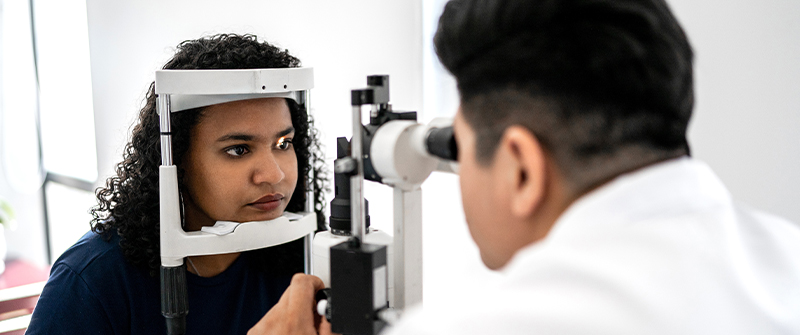
Who Should Not Have Laser Eye Surgery?
Factors That May Disqualify Individuals From LASIK
Laser eye surgery, such as LASIK and PRK, is generally safe and effective for the majority of people with refractive vision errors like nearsightedness (myopia), farsightedness (hyperopia), and astigmatism. However, there are certain individuals who may not be suitable candidates for laser eye surgery. The decision to have laser eye surgery should always be made after a comprehensive eye examination and consultation with an experienced eye surgeon.
Some factors that may disqualify individuals from undergoing laser eye surgery include:
- Age: LASIK and similar procedures are typically not recommended for individuals under the age of 18 because their eyes are still developing and changing. Additionally, older adults may not be suitable candidates due to age-related eye changes like cataracts or presbyopia (age-related difficulty in focusing up close).
- Thin or irregular corneas: Candidates must have a sufficient thickness of corneal tissue to undergo laser eye surgery safely. If the cornea is too thin or irregularly shaped, it may not be suitable for reshaping through laser ablation.
- High refractive error: Extremely high levels of myopia, hyperopia, or astigmatism may exceed the limits of the laser’s correction capabilities and may not provide satisfactory results.
- Eye diseases or conditions: Individuals with certain eye conditions or diseases, such as cataracts, glaucoma, keratoconus (a progressive thinning of the cornea), or retinal disorders, are generally not good candidates for laser eye surgery.
- Autoimmune disorders: Conditions like rheumatoid arthritis, lupus, or other autoimmune diseases may affect the healing process and increase the risk of complications.
- Pregnancy or breastfeeding: Hormonal changes during pregnancy and lactation can cause fluctuations in vision, making it inappropriate to perform laser eye surgery during these periods.
- Unstable vision: Candidates should have a stable vision prescription for at least six months to a year before considering laser eye surgery. Rapid changes in vision can affect the accuracy of the procedure.
It’s crucial to have a thorough preoperative LASIK evaluation with an eye surgeon to determine if laser eye surgery is a suitable option for you. If you are not a good candidate for laser eye surgery, alternative vision correction options, such as glasses or contact lenses, may still be available to address your visual needs.
Book your free consultation